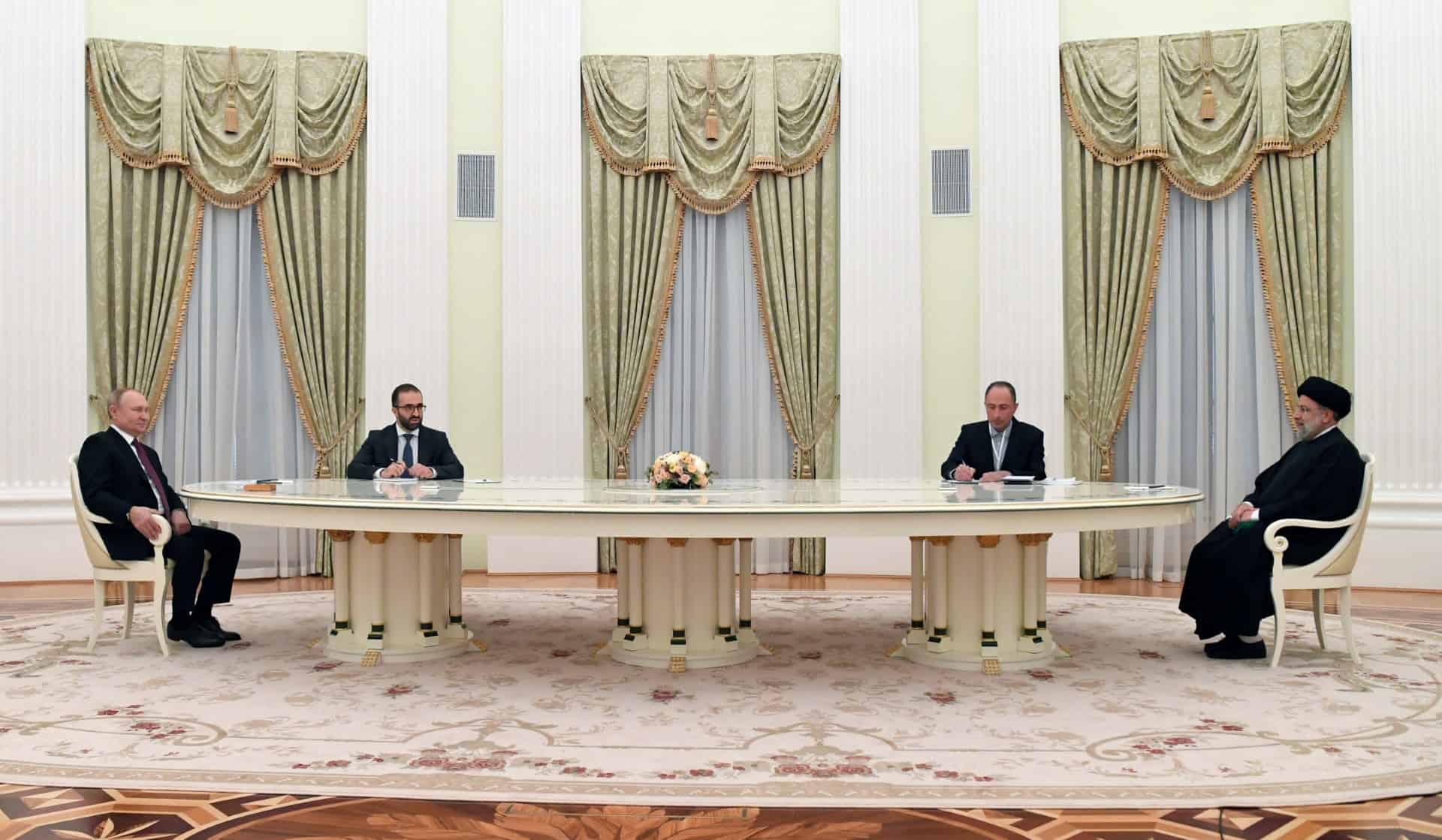Tehran and Moscow are seeking to expand cooperation in energy and trade, officials said Wednesday, as Russian Deputy Prime Minister Alexander Novak visited Iran.
Both countries have huge oil and gas reserves but are constrained by sanctions imposed by the West that limit their ability to export their resources.
Novak led an economic delegation on a visit to Tehran that came as Russia’s invasion of Ukraine has sent global oil and gas prices soaring.
“Iran and Russia are both under oppressive sanctions, which, God willing, can be neutralized by working together and developing relations in various fields,” Iran’s Oil Minister Javad Owji said, according to the ministry’s official news agency, Shana.
Russia’s Interfax news agency meanwhile quoted Novak as saying: “Energy is one of the most important sectors of our trade and economic cooperation.”
He added that they had discussed the potential for oil and gas swaps, as well as “increasing joint investments in oil and gas projects”.
Novak and Owji head the Iran-Russia Joint Commission on Trade and Economic Cooperation.
“Good agreements were reached in the fields of rail, road transport, shipping and aviation,” Owji said, without expanding further.
He added that both sides have “good capacities for cooperation in energy, banking, transportation, agriculture, nuclear energy, industry and trade”.
“We plan to increase the level of Iran-Russia trade relations in these fields to $40 billion a year,” the oil minister continued.
Russia was slapped with sanctions following its invasion of neighboring Ukraine, while Iran’s economy has been reeling under biting sanctions reimposed by the US in 2018, following its withdrawal from a 2015 nuclear accord between Tehran and world powers.
The two countries vowed to increase the use of their national currencies in their trade exchange.
“We agreed to switch over to the use of national currencies as much as possible,” Novak said.
Moscow and Tehran have strong political, economic and military ties.
Iran’s President Ebrahim Raisi visited Moscow in January, and said he had presented his counterpart Vladimir Putin with draft documents on strategic cooperation that would cement joint collaboration for the next two decades.

